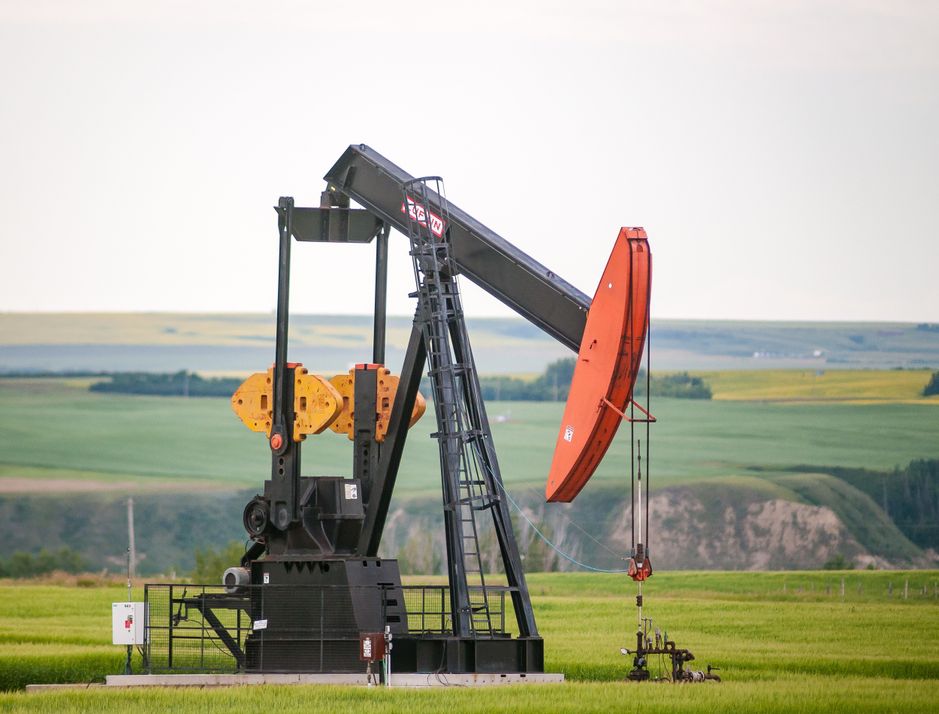18.08.2021
The Global Energy Crises 2021-2023
Introduction
The global energy crisis of 2021-2023 is a major disruption of energy markets caused by a combination of factors, including the COVID-19 pandemic, the war in Ukraine, and climate change. The crisis has led to sharp increases in energy prices, which have had a significant impact on businesses and consumers around the world.
Causes of the Energy Crisis
The COVID-19 pandemic had a major impact on energy markets. The pandemic caused a sharp decline in energy demand in 2020, as businesses and consumers were forced to shut down or reduce their activities. This led to a surplus of oil and gas, which drove prices down.
However, energy demand began to recover in 2021, as the global economy started to reopen. This recovery was faster than expected, and it caught many energy producers off guard. As a result, energy prices began to rise in 2021.
The war in Ukraine has also contributed to the energy crisis. Russia is a major producer of oil and gas, and the war has disrupted its exports. This has led to further increases in energy prices.
Climate change is another factor that has contributed to the energy crisis. Climate change is making extreme weather events more common, such as heat waves, droughts, and floods. These events can disrupt energy production and transportation, leading to higher prices.
Impact of the Energy Crisis
The energy crisis has had a significant impact on businesses and consumers around the world. Higher energy prices have made it more expensive to produce goods and services, which has led to inflation. Consumers have also seen their energy bills rise, which has put a strain on household budgets.
The energy crisis has also had a political impact. In some countries, the crisis has led to protests and demonstrations. In others, it has contributed to political instability.
Solutions to the Energy Crisis
There is no easy solution to the energy crisis. However, there are a number of things that can be done to mitigate its impact. These include:
- Investing in renewable energy sources, such as solar and wind power.
- Improving energy efficiency.
- Diversifying energy supplies.
- Reducing demand for energy.
The energy crisis is a wake-up call for the world. It shows that we need to take action to address the challenges of climate change and energy security. By investing in renewable energy and improving energy efficiency, we can reduce our reliance on fossil fuels and build a more sustainable future.
Here are some specific numbers related to the energy crisis:
- The price of oil has increased by more than 50% since the beginning of 2021.
- The price of natural gas has increased by more than 100% since the beginning of 2021.
- Electricity prices have increased by an average of 15% in the European Union since the beginning of 2021.
- The International Energy Agency estimates that the energy crisis could cost the global economy $1.8 trillion in lost output in 2022.
- The World Bank estimates that the energy crisis could push an additional 100 million people into extreme poverty in 2022.
The energy crisis is a serious challenge, but it is not insurmountable. By taking action to address the underlying causes of the crisis, we can build a more sustainable and secure future for ourselves and for generations to come.




